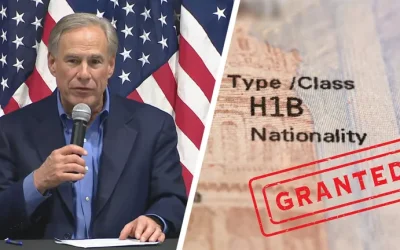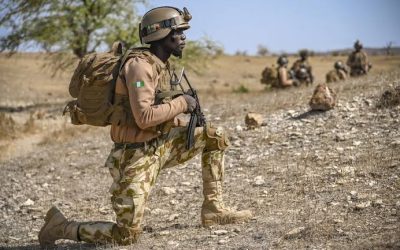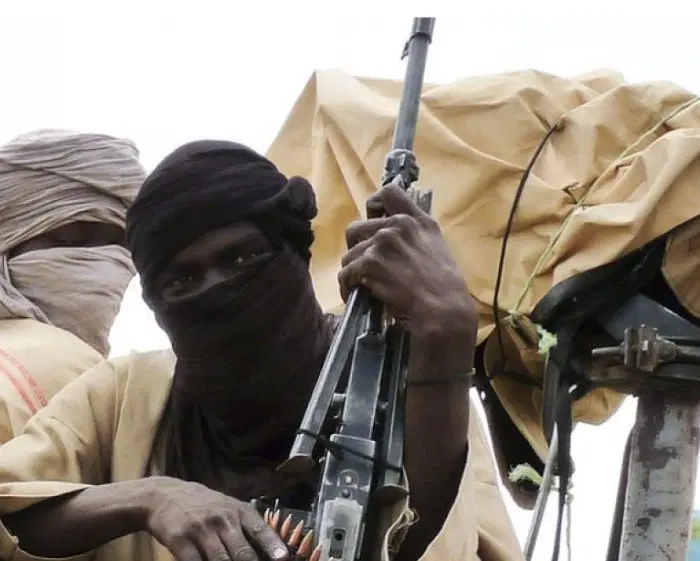President Bola Tinubu has withdrawn the presidential pardon previously granted to 175 convicts, including individuals convicted of drug trafficking, kidnapping, and fraud, following a wave of public and institutional outrage. The reversal comes just three weeks after the initial clemency list, which included high-profile convicts, was made public.
In a statement released Wednesday by the President’s Special Adviser on Information and Strategy, Bayo Onanuga, the Presidency confirmed that the list had been reviewed after consultations with the National Council of State on October 9, 2025. The decision, it said, was a direct response to public feedback and security concerns.
“This action became necessary in view of the seriousness and security implications of some of the offences, the need to be sensitive to the feelings of the victims of the crimes and society in general, the need to boost the morale of law-enforcement agencies, and adherence to bilateral obligations,” the statement read.
The storm of criticism was largely ignited by the inclusion of Maryam Sanda, who was sentenced to death in 2020 for killing her husband, Bilyaminu Bello. Her name on the initial pardon list was met with widespread condemnation, with groups like the Nigerian Bar Association (NBA) calling it “a grave error of judgment” that sent the wrong signal about accountability.
According to a new official gazette dated October 23, 2025, the number of beneficiaries has been significantly reduced. The Attorney-General of the Federation and Minister of Justice, Lateef Fagbemi (SAN), explained that the review was ordered by the President to ensure strict adherence to legal and procedural standards.
“During this final review, a few persons earlier recommended were found not to have met the requirements and were accordingly delisted, while in some other cases, sentences were reviewed and reduced to reflect fairness, justice, and the spirit of the exercise,” Fagbemi stated.
Under the revised instruments, the list of those receiving a full Presidential Pardon has been slashed from 82 to just 15. While the historic posthumous pardons for figures like Herbert Macaulay, Major-General Mamman Vatsa, and the “Ogoni Nine” activists led by Ken Saro-Wiwa were retained, dozens of others were removed. Maryam Sanda, previously marked for a full pardon, has had her sentence reclassified to a reduced term of 12 years imprisonment. Several individuals convicted for serious drug offences were removed entirely.
However, four contemporary beneficiaries convicted of corruption-related offences—Anastasia Nwaobia, Hussaini Umar, Ayinla Alanamu, and former lawmaker Farouk Lawan—remain on the final pardon list.
President Tinubu also ordered significant procedural changes, relocating the secretariat of the Presidential Advisory Committee on Prerogative of Mercy to the Federal Ministry of Justice and mandating “compulsory consultation with relevant prosecuting agencies” before future recommendations are made.
PDP Criticizes Move
The decision has not been without criticism. Reacting to the revised list, the Peoples Democratic Party (PDP) accused President Tinubu of promoting impunity and argued that the entire process exposes confusion within the administration, favouring individuals with questionable records over deserving citizens.
The Presidency, however, stated that the review was guided by the “concept of justice as a three-way traffic for the Accused, the Victim, and the State/Society,” reaffirming the administration’s commitment to judicial reforms.









Your point of view caught my eye and was very interesting. Thanks. I have a question for you.